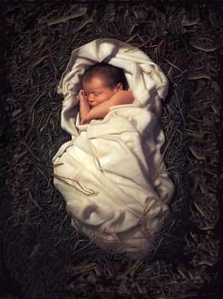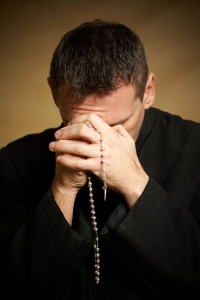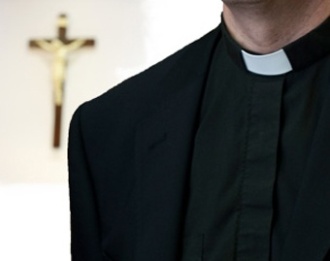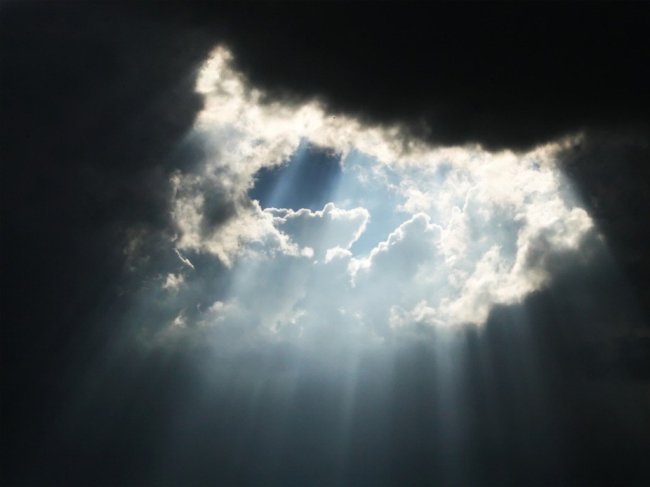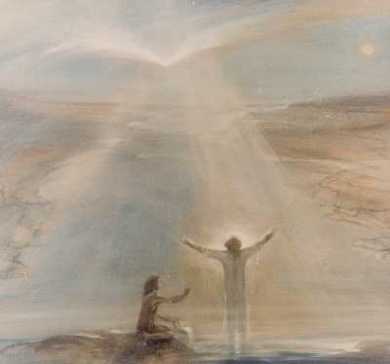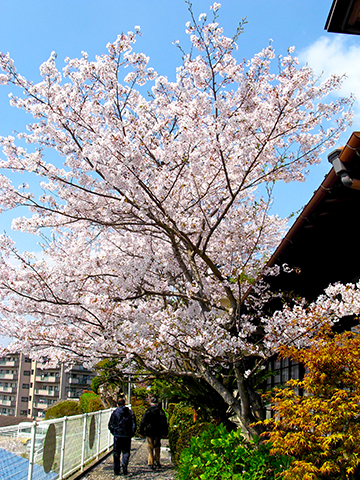
A Reflection by Fr. George Berendt, PIME
Can you recall the last recorded words of Jesus in our Gospels? I’m sure you heard them many times before. If you’re drawing a blank, allow me to refresh your memory. The last thing Jesus said to the disciples of our infant church is: “All power in heaven and on earth has been given to me. Go, therefore, and make disciples of all nations…” (Mt. 28: 19)
Whenever I visit a parish to make an appeal for the missions, I always wonder what “Mr. and Mrs. Catholic”, like you in the pews, associate with the word mission or missionary? What image pops into your head?
Perhaps you see an American priest, brother, sister or lay person exiting America, leaving behind family, friends — the familiar — and heading off to some far-flung nation in Asia, Africa, or Latin America to learn a new language, eat unfamiliar foods, sweating and struggling in a tropical forest, paddling up a foul, foreboding tropical river. To some extent, this is true and many PIME Missionaries still labor in such environments.
Or perhaps you see a fellow citizen in a distant corner of the world serving the poor, feeding the hungry, taking care of the sick, coming to the aid of orphans and abandoned elderly, drilling a water well, teaching new farming techniques to indigenous peoples, teaching a trade to men or women so that they can be self-sufficient. Well, to some extent, that is true.
In my personal missionary life, this wasn’t the case. My mission was to Japan, a nation that is modern, developed, wealthy, and polished. In fact, many modern missionaries work for the Gospel in large, urban areas with population numbers in the millions — outstanding, international cities that can teach us a thing or two about high speed rail, mass transit, earthquake resistant construction, effective social healthcare, modern airports that put ours to shame and many other things. Often a modern missionary finds himself or herself leaving a modern, American city to labor for the Gospel in a modern, foreign city as I did in Tokyo.
When modern missionaries like me leave our native land, we do not go as agents of economic change, to bring modern technology and development. Rather, we go with the Gospel of Jesus and His message that develops the human heart and teaches a spiritual way of life that brings a change of heart and a new way to life.
Yes, missionaries still work in tropical forests, jungles, and isolated areas of our world where poverty, disease, and hunger have a constricting grasp on people. Yes, we, to the best of our ability, work to alleviate and eliminate human suffering, poverty, hunger, and disease, because God wishes us a life as free as possible from these results of Original Sin. Yet, our most important work is still the work Jesus entrusted to His Church, the elimination of the spiritual suffering, pain, hunger and thirst that afflicts the heart and soul of every human being.
At the same time, let us be honest! America, our nation, the land of the free and the home of the brave, the land of apple pie and mom, a nation rich, powerful, lustrous as our nation is…is just as much mission territory as any foreign tropical timberland in some far-flung foreign land.
Hunger isn’t the monopoly of oversea nations. We have soup kitchens here, and it seems 20% of our children suffer from hunger.
And issues with clean water are not only overseas. Here the government of my own State of Michigan supplied toxic water to the citizens of Flint, and some 40 other American States also have water problems.
Drug abuse, gun violence, racism, dysfunctional politics is not only found in the streets of foreign nations. It flourishes here, and you can add to the list of America’s many social ills inadequate schools, badly maintained infrastructure, and a deficient healthcare system.
When Jesus told the disciples of the infant Church to go, he wanted them to go to the highways and byways of America, as well as to the most forgotten spots in Asia, Africa and the Amazon. Let us not forget that a long time ago, someone had to leave somewhere to bring the Gospel here, and that missionary work is not complete yet on our own soil!
The final words of Jesus sent His Church to every corner of the earth. There is no spot on this planet that isn’t mission territory. Let us not forget something very important that we find in Psalm 24, and it’s the fact that you and I own nothing. All that exists belongs to God, and we only have temporary use of it. As King David wrote in Psalm 24:1: The earth is the Lord’s and all it holds, the world and those who live there.
All belongs to God, and God wants it back. God has entrusted each of us with a small portion of His property. Our household, the place where we work or study or play, the block or nation where we live, the city we call our home, the nation in which we reside. This is where God has put each of us, and this is where we labor to transform it, making it a fitter place for God to reside in. And in the end, we must return it to its rightful owner.
In the end there are two kinds of missionaries. There is you, the domestic missionaries, who stay behind to sow the seeds of the faith, preach the Good News, change hardened hearts, bring the light of the Gospel, work the soil at your feet, transform the social ills of our nation, serve our poor, and begin constructing the New Earth and New Heaven that is spoken about in the Book of Revelation.
When the alarm clock goes off in the morning and your feet hit the floor, you stand in the mission land where God put you. This is where you go to do your missionary work.
Then there is the other kind of missionary — us — the foreign missionaries. We are the men and women, cleric and lay, that God has called to leave our nation and go far away to do the same that you do here: to work a foreign soil; to plant the seeds of the faith; to nourish and water the alien soil with the Word of God; and serve the least of our sisters and brothers, transforming their land into a place where God can find a fitting place to dwell. For this place, too, is God’s abode.
I want to ask you young people, especially, to think about becoming foreign missionaries, and leaving the domestic mission to others. Come and follow in the footprints of the Apostles who Jesus first sent out from their family, friends, and land over 2000 years ago. Let those who must stay behind work the soil here for the sake of the Gospel, as you set out to the eastern and western sunsets and sunrises of God’s earth to carry on what the first Apostles began.
And to those who must labor here in the American domestic mission, I ask you to help us foreign missionaries. I ask for your sacrifice, a sacrifice that we will use to feed, clothe, educate, tend and care for the poor and ignored, and proclaim the Gospel of Eternal Salvation!
In the end, mission is the church’s work, our common work. Let us go forth bravely and eagerly as Jesus commanded us to do, to bring hope, salvation and mercy to our world so in need of it. God bless us all!
